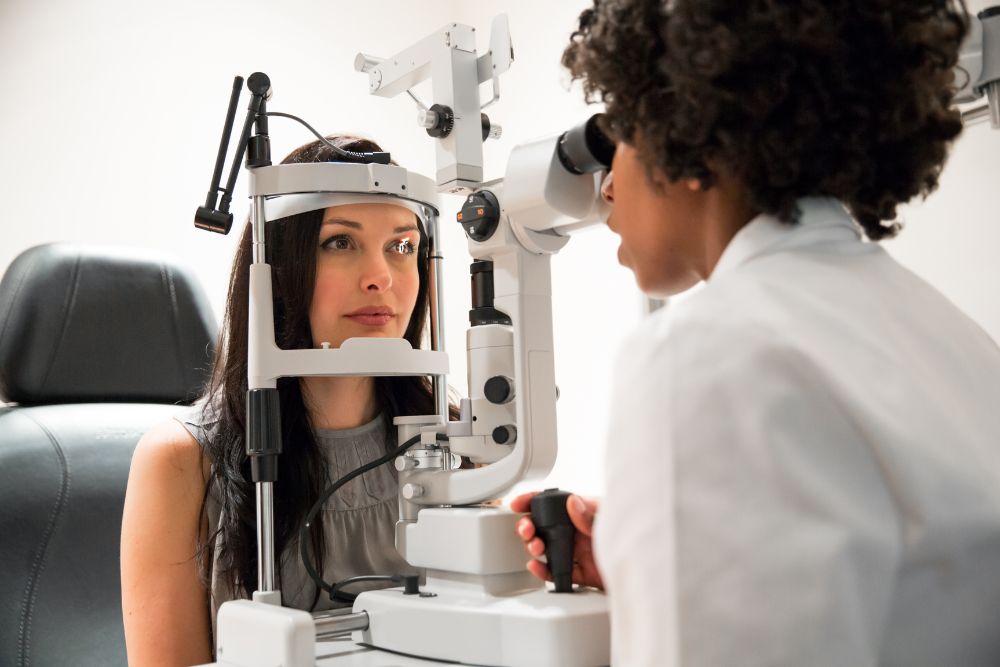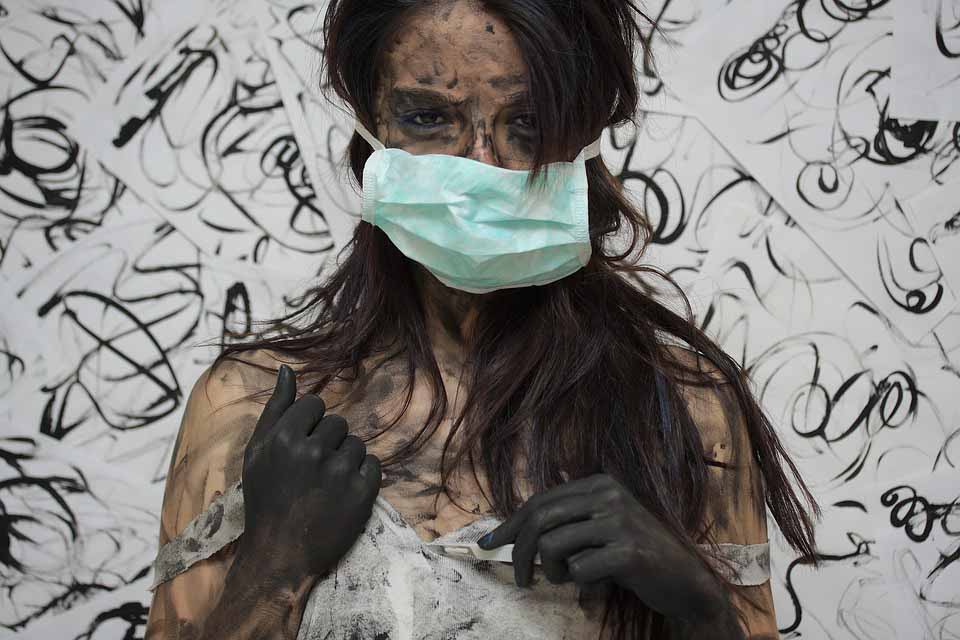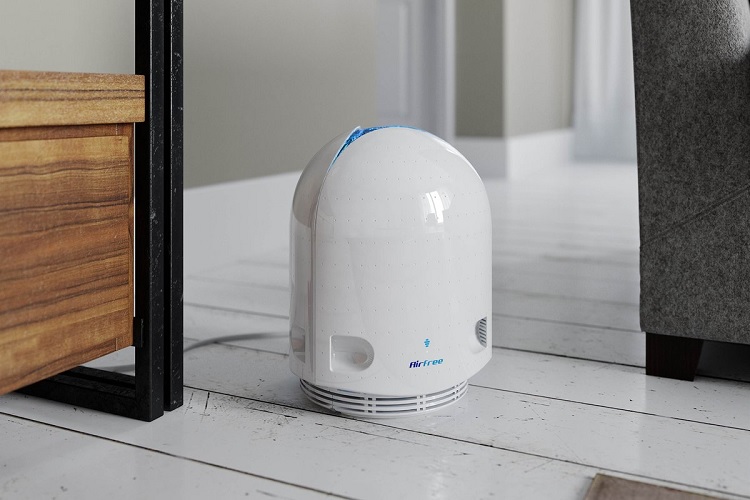The Center for Retina and Macular Disease (CRMD) is a specialized medical facility dedicated to diagnosing, treating, and managing conditions affecting the retina and macula. These parts of the eye are essential for vision, and diseases affecting them can lead to significant vision loss if not properly treated. Centers like CRMD play a vital role in offering advanced care to preserve vision and enhance the quality of life for individuals with retinal and macular conditions.
What Is the Retina and Macula?
The retina is a thin layer of tissue at the back of the eye that contains light-sensitive cells called photoreceptors. These cells convert light into electrical signals, which are sent to the brain via the optic nerve to produce vision. The macula, located at the center of the retina, is responsible for central vision, which is crucial for tasks such as reading, driving, and recognizing faces.
When the retina or macula is damaged, it can lead to vision impairment or loss. Early diagnosis and treatment of retina and macular diseases are critical in preserving vision and preventing further damage.
Conditions Treated at the Center for Retina and Macular Disease
- Age-Related Macular Degeneration (AMD): AMD is one of the leading causes of vision loss in people over 50. It affects the macula, leading to central vision loss. The disease can progress slowly (dry AMD) or rapidly (wet AMD), and treatment varies based on the type and stage. Early detection is key to managing AMD effectively.
- Diabetic Retinopathy: Diabetic retinopathy occurs when high blood sugar levels cause damage to the blood vessels in the retina, leading to vision loss. Patients with diabetes are at risk of developing this condition, and regular eye exams are crucial for detecting and managing the disease in its early stages. Laser treatments, injections, or surgery may be required to prevent or treat complications.
- Retinal Detachment: Retinal detachment occurs when the retina separates from the back of the eye, causing loss of vision if not treated promptly. Symptoms include the sudden appearance of floaters, flashes of light, or a curtain-like shadow over the field of vision. Retinal detachment is a medical emergency that requires immediate attention, often treated with surgery.
- Macular Hole: A macular hole is a small break in the macula, which can cause blurry or distorted vision. It often affects one eye and can be treated with surgery if detected early.
- Macular Edema: This condition occurs when fluid accumulates in the macula, causing swelling and blurred vision. Macular edema is often associated with diabetic retinopathy or other eye conditions. Treatments may include anti-inflammatory medications, laser therapy, or injections.
- Retinal Vein Occlusion: Retinal vein occlusion occurs when one of the veins in the retina becomes blocked, leading to vision problems due to swelling or bleeding. The condition is similar to a stroke but affects the eye. Treatment typically involves managing the underlying condition, such as high blood pressure or diabetes, and may include injections or laser therapy.
- Uveitis: Uveitis is inflammation of the uvea, the middle layer of the eye, which can cause swelling and tissue damage. This condition can affect the retina and lead to vision problems if untreated. Uveitis may be treated with corticosteroids, immunosuppressive drugs, or surgery depending on the severity.
Services Offered at the Center for Retina and Macular Disease
- Comprehensive Eye Exams: A detailed examination of the retina and macula using advanced imaging technology helps in diagnosing various eye conditions. These tests include optical coherence tomography (OCT), fluorescein angiography, and fundus photography, which provide high-resolution images of the retina for accurate diagnosis.
- Laser Treatments: Laser therapy is used to treat various retinal conditions, such as diabetic retinopathy and retinal tears. It helps seal blood vessels, reduce fluid leakage, and prevent further damage to the retina.
- Injections: Anti-VEGF (vascular endothelial growth factor) injections are commonly used to treat wet AMD and diabetic retinopathy. These injections help slow the growth of abnormal blood vessels and reduce fluid buildup in the retina. Steroid injections may also be used to reduce inflammation in conditions like uveitis and macular edema.
- Retinal Surgery: Surgical interventions, such as vitrectomy, are used to treat more severe retinal conditions like retinal detachment, macular holes, or epiretinal membranes. In a vitrectomy, the vitreous gel inside the eye is removed and replaced with a gas bubble or oil to restore normal retinal function.
- Ongoing Monitoring and Care: Regular monitoring and follow-up care are crucial for managing chronic retinal conditions like AMD and diabetic retinopathy. The Center for Retina and Macular Disease provides ongoing care to help prevent disease progression and preserve vision.
Why Choose a Specialized Retina and Macular Center?
- Expertise in Retinal Conditions: Centers like the CRMD specialize in retinal and macular diseases, offering patients access to specialists with advanced training in diagnosing and treating these complex conditions. These specialists are often equipped with the latest knowledge and technology to provide the highest level of care.
- Advanced Diagnostic Tools: Specialized centers use state-of-the-art diagnostic equipment, including high-definition imaging systems that allow doctors to detect subtle changes in the retina and macula. Early detection of conditions such as AMD or diabetic retinopathy can prevent or delay vision loss.
- Personalized Treatment Plans: A tailored treatment approach ensures that each patient receives the best care for their specific condition. Whether it’s injections, laser therapy, or surgery, a specialized center provides a comprehensive plan designed to optimize vision outcomes.
- Ongoing Research and Innovation: Many retina and macular disease centers are involved in clinical research, which allows them to offer cutting-edge treatments and participate in trials for new therapies. This gives patients access to the latest advancements in the field, including experimental drugs and therapies that may not be widely available.
Conclusion
The Center for Retina and Macular Disease offers essential care for individuals suffering from retinal and macular conditions, providing advanced diagnostics, personalized treatment options, and ongoing care. Whether you are dealing with common conditions like age-related macular degeneration or diabetic retinopathy, or more urgent issues like retinal detachment, the expertise and technology available at these specialized centers can make all the difference in preserving and enhancing your vision. If you’re experiencing vision problems or have been diagnosed with a retinal condition, seeking care from a center like CRMD ensures you receive the highest level of specialized treatment for your eye health.




